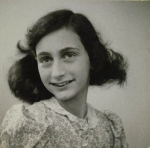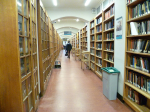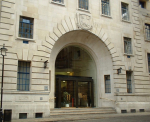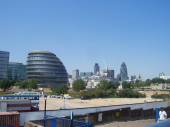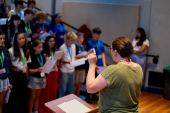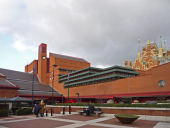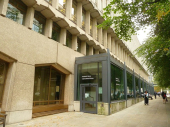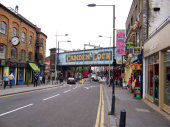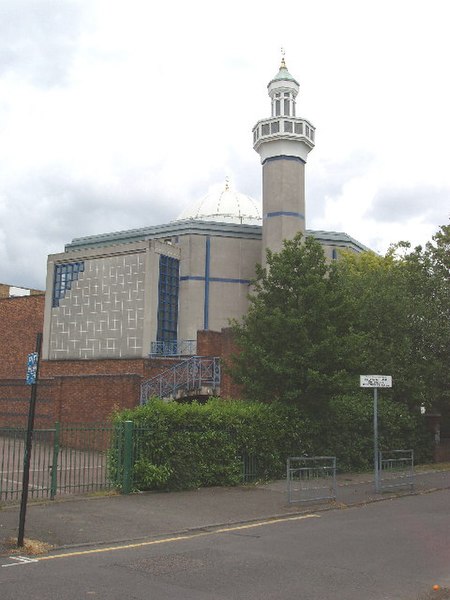
After 38 years of serving the Arab and Muslim communities in London, the King Fahad Academy (KFA) has closed its gates. The school, which opened in 1985, was established to provide a safe
and inclusive educational environment that combined British education with Arab social values and moderate Islamic teachings. It quickly became a prominent institution for the growing Arab and North African community in London.
The academy's opening coincided with a period of warming Saudi-UK relations and marked King Fahad's efforts to establish Saudi soft power and leave a legacy. Students from diverse backgrounds, including exiled political leaders, diplomats, businessmen, and even the children of the Muslim Brotherhood and Mujahideen, attended the school. The KFA served as a microcosm of Arab society, where students shared experiences, formed enduring friendships, and embraced their Muslim and British identities.
However, the geopolitics of the world had an impact on the school. During the Gulf War in 1990, the KFA welcomed Kuwaiti students who sought refuge in London. This influx of students, coupled with the school's growth, led to changes in its operations and infrastructure. While the KFA initially thrived with notable guests and educational excellence, its leadership changes and curriculum alterations resulted in a lack of consistency and direction.
In 2007, the school faced accusations of using Saudi textbooks that promoted hatred and intolerance, although teachers and students denied these claims. Subsequently, the KFA failed an Ofsted inspection and its sister school in Bonn, Germany, was shut down due to accusations of breeding extremist ideology. Despite efforts to improve and becoming co-educational in 2020, the school struggled to regain its former glory.
The decision to close the KFA came as a shock to parents, students, and teachers. The Saudi government, which had been funding the school, cited changes in its education policy as the reason for ending financial support. The sudden closure left families scrambling to secure alternative schools for their children. Parents expressed frustration over the lack of notice and questioned how a wealthy country like Saudi Arabia could face funding issues.
While Saudi Arabia has initiated educational reforms through Vision 2030, aiming to move away from rote learning and promote critical thinking, the KFA did not benefit from these improvements. The closure of the school raised questions about missed opportunities for investment and educational reforms.
Despite its challenges, the King Fahad Academy will be remembered as a place that fostered a sense of identity, belonging, and cross-cultural understanding for generations of Arab and Muslim students. As former students reflect on their time at the KFA, they mourn the loss of a once-shining institution and wonder what could have been done to preserve its legacy. Photo by David Hawgood, Wikimedia commons.











